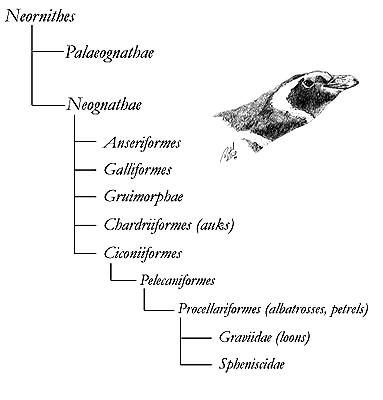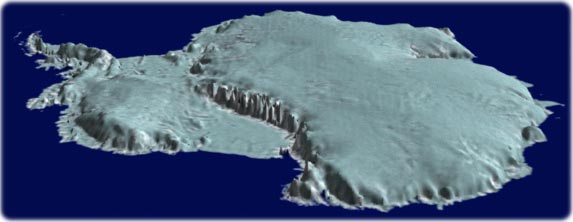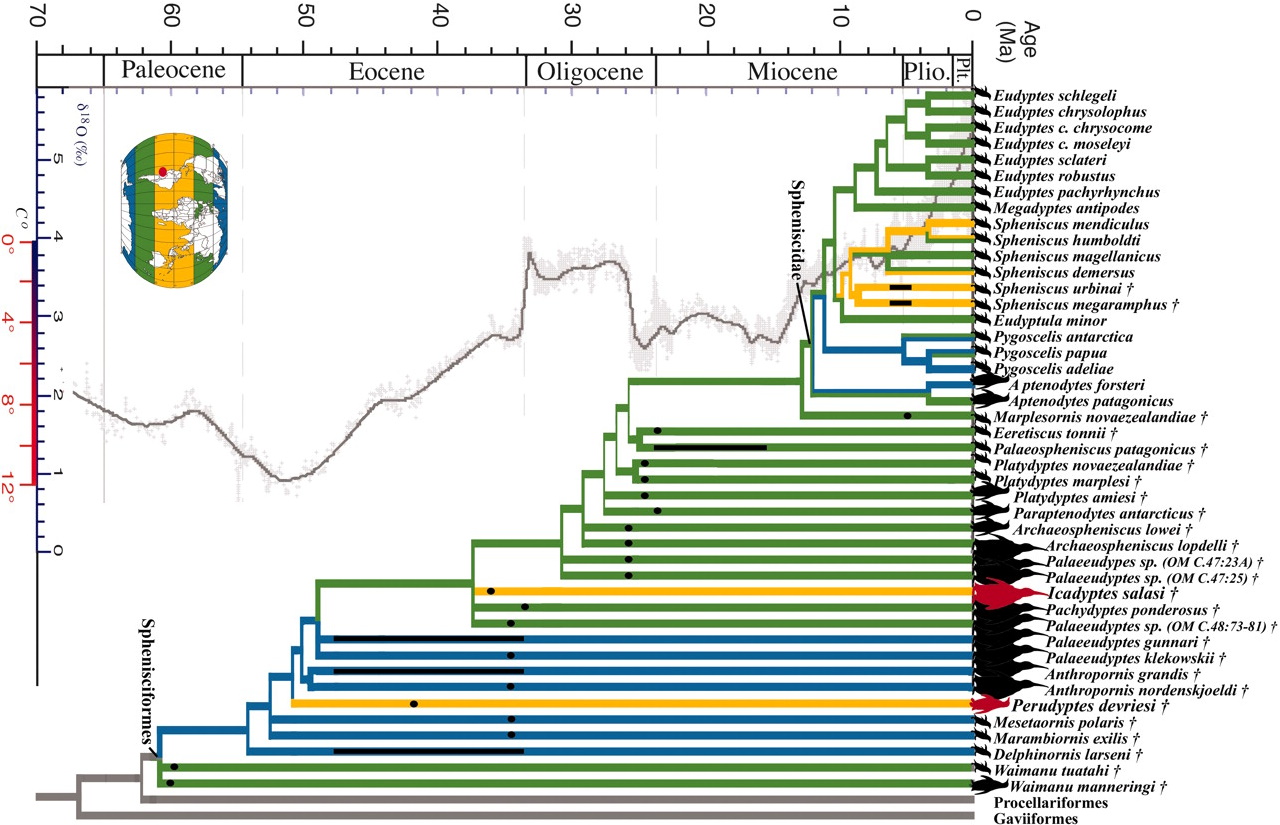NEW
YORK (GenomeWeb) – Penguins appear to lack taste receptor genes
governing three of the five tastes, according to a genomic analysis
conducted by a trio of researchers from the US and China.
The trio, led by Jianzhi Zhang at the University of Michigan, searched through the genomes of the Adélie penguin (Pygoscelis adeliae) and emperor penguin (Aptenodytes forsteri)
and other birds for taste receptor genes. Penguins, they found, lacked
receptors involved in perceiving sweet, bitter, and umami taste, but
have retained salty and sour taste receptors, as they reported in Current Biology.
"Penguins
eat fish, so you would guess that they need the umami receptor genes,
but for some reason they don't have them," Michigan's Zhang said in a
statement. "These findings are surprising and puzzling, and we do not
have a good explanation for them. But we have a few ideas."
Zhang
and his team searched for genes that encode taste receptors — sour's
PKD2L1, salty's ENaC, umami's Tas1r1–Tas1r3 heterodimer, sweet's
Tas1r2–Tas1r3 heterodimer, and bitter's Tas2r genes — in Adélie and
emperor penguins, as well as in the little egret and a dozen or so other
birds whose genomes were publicly available.
None of
the birds had the Tas1r2 gene, which encodes part of the sweet taste
receptor, though the researchers did find the gene in mammalian and
reptile outgroups.
Tas1r3, which makes up the other
part of the sweet taste receptor heterodimer as well as part of the
umami taste receptor heterodimer, was also lacking in penguins. It was,
the researchers noted, present in other birds.
The
other half of the umami taste-specific receptor, Tas1r1, is actually a
pseudogene in penguins, the researchers found, as it contains a two
basepair deletion that leads to a premature stop codon.
Other penguin species shared this pseudogene, but other birds have working copies, Zhang and his team reported.
Similarly,
the researchers identified three Tas2r pseudogenes in penguins while
most other birds had working copies of the gene behind bitter taste.
They noted, though, those three penguin pseudogenes were orthologous to
the two working copies and one pseudogene version of Tas2r found in the
little egret.
This, Zhang and his colleagues said,
indicates that the common ancestor of all penguins lost the umami and
bitter tastes, while the sweet taste was lost even earlier in the avian
lineage.
The receptor gene for sour taste was present
in all birds, including penguins, as were the genes encoding the
subunits of the salty taste receptor, ENaC.
Zhang and
his colleagues said they suspect that the penguin's ancestral stomping
grounds of Antarctica might have had a role in this gene loss.
Trpm5,
which is involved in transducing the sweet, umami, and bitter tastes,
doesn't work well at lower temperatures. At freezing temperatures, the
researchers suggested that it might not work at all, leading to the
inability to taste sweet, umami, and bitter, and then to the loss of the
genes linked to those tastes.
- Huabin Zhao, Jianwen Li, Jianzhi Zhang. Molecular evidence for the loss of three basic tastes in penguins. Current Biology, 2015; 25 (4): R141 DOI:10.1016/j.cub.2015.01.026


















No comments:
Post a Comment